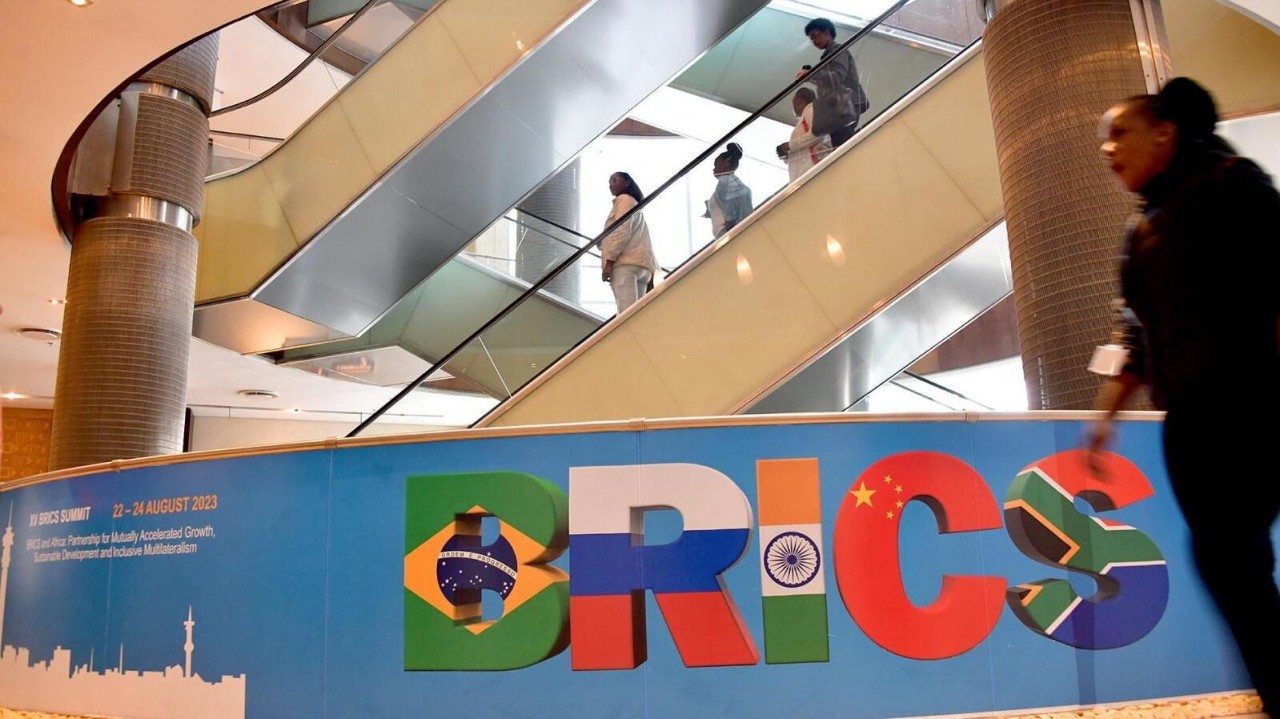 |
| BRICS Summit 2023 to be held in South Africa, August 22-24. (Source: GCIS) |
New reserve currency
The importance of de-dollarization cannot be overemphasized in the context of a potential reserve currency issued by BRICS that would be used by its members in cross-border trade. While BRICS countries have the financial resources to establish such a currency or unit of account, they lack the institutional structure and scale to achieve this goal in a sustainable manner.
Even assuming members are fully aligned geopolitically and tend to cooperate rather than compete, adopting a common currency creates a number of challenges.
For example, in creating the euro, now the world's second-largest reserve currency, the hurdles included: achieving macroeconomic convergence; agreeing on an exchange rate regime; establishing an efficient multilateral clearing and settlement system; and creating stable and liquid regulated financial markets.
The US was able to enforce the use of the dollar over the last century thanks to its dominant position after the end of World War II. Its economy was underpinned for decades by the size of its Treasury bond market, which is often considered the world’s leading reserve asset.
If they are to provide a competitive alternative, the BRICS will need to agree on a modern bond market that is large enough to absorb global savings and provide credit to low-risk projects, where surplus funds can be parked when not being used for trade.
Reflecting on these challenges, Mr. Sooklal reiterated in July that the BRICS currency would not be on the agenda of the 2023 Summit, although the bloc would expand trade and payments in local currencies.
In addition to mitigating risks from global volatility and geopolitical risks, BRICS countries have benefited significantly from using their local currencies in cross-border transactions. This has helped maintain and promote trade among members, even in a challenging operating environment with increased geopolitical risks. It has also eased balance of payments constraints related to USD financing, while strengthening domestic economies.
While China and India may have different security interests, each country would benefit from increasing the use of its own currency. The BRICS countries have already used their own currencies in bilateral trade settlements, and Saudi Arabia is considering signing an agreement with China to settle oil transactions in renminbi.
Meanwhile, India is expanding the use of local currencies for bilateral trade settlements beyond the BRICS group by inviting more than 20 countries to open special bank accounts for trade settlements in rupees. In a history-making move, New Delhi made its first oil payment to the UAE in rupees in mid-August.
Creating a new financial architecture
The good news is that the BRICS group already has the institutions needed to create an integrated and efficient payment system for cross-border transactions. The BRICS Interbank Cooperation Mechanism facilitates cross-border payments between banks in the bloc in local currencies.
BRICS Pay, a multi-currency digital international payment system for transactions between member countries, is also working well, significantly reducing costs.
Furthermore, the New Development Bank (NDB), the financial institution spearheading the creation of a BRICS common currency, plans to raise local currency funding to at least 30% of its portfolio by 2026, up from 22% currently. The NDB will also play a key role in the overall effort to reduce the dollar content of cross-border trade and investment among BRICS countries. In the run-up to the Summit, the bank issued its first South African Rand bond in early August.
In addition, central banks are also moving to adjust their strategies for developing digital currencies, with the aim of promoting currency interoperability and deepening economic and financial integration. This signals an orderly transition towards a multipolar reserve currency world in this first digital era.
Membership expansion, expected to be one of the main outcomes of the 15th BRICS Summit, would increase the risk of divergence of interests and pose more challenges – but it also implies the possibility of significantly expanding the group’s spending power, with no small economic and geopolitical implications.
The expansion would create scale and enhance the transition from bilateral to multilateral clearing and eventually towards a common BRICS currency. This would address one of the major challenges associated with the use of national currencies in bilateral trade settlements: the difficulty of deploying these currencies when imbalances arise.
Such challenges recently led to the suspension of a bilateral trade agreement that allowed India to pay for Russian oil imports in rupees, while Moscow accumulated billions of rupees.
Meanwhile, expanding membership would further weaken the effectiveness of economic sanctions and accelerate the multipolarization of the global monetary order. The larger group would eventually include most members of the Organization of the Petroleum Exporting Countries (OPEC). This would increase the common interest in using local currencies for cross-border transactions and further reduce the volume of global trade conducted in dollars.
Certainly, the tightness of their institutional arrangements, coupled with the breadth and depth of US financial markets, suggests that US dollar dominance will remain the dominant feature of the global financial architecture for some time. But with the expansion of their membership, BRICS could soon become a distinctly powerful geopolitical alliance that will accelerate the process of de-dollarization and the transition to a multipolar world.
The 15th BRICS summit is one of the most influential events in the history of the bloc, if not the history of the world economy. Along with the event, the global geopolitical map is being redrawn.
Source










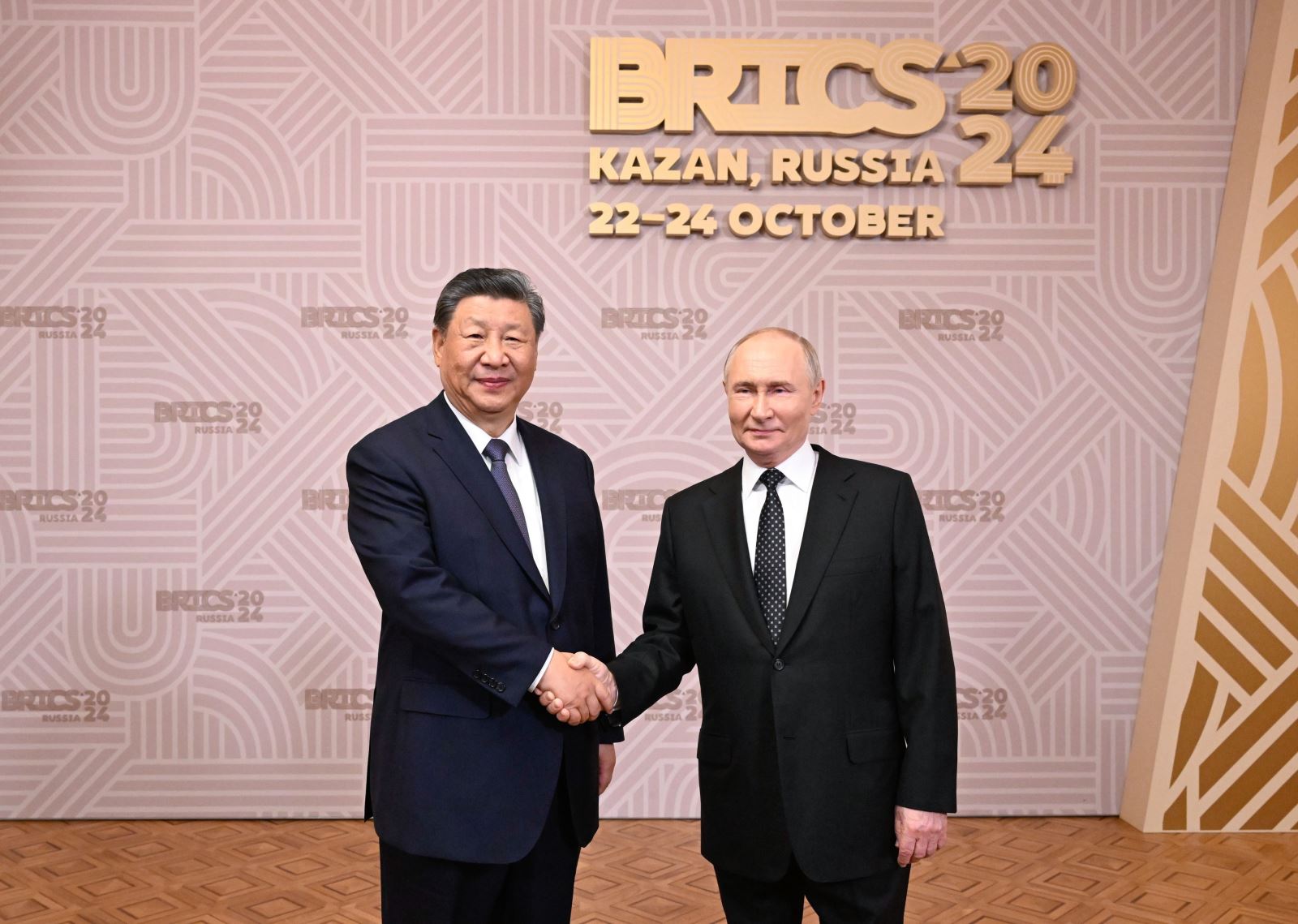

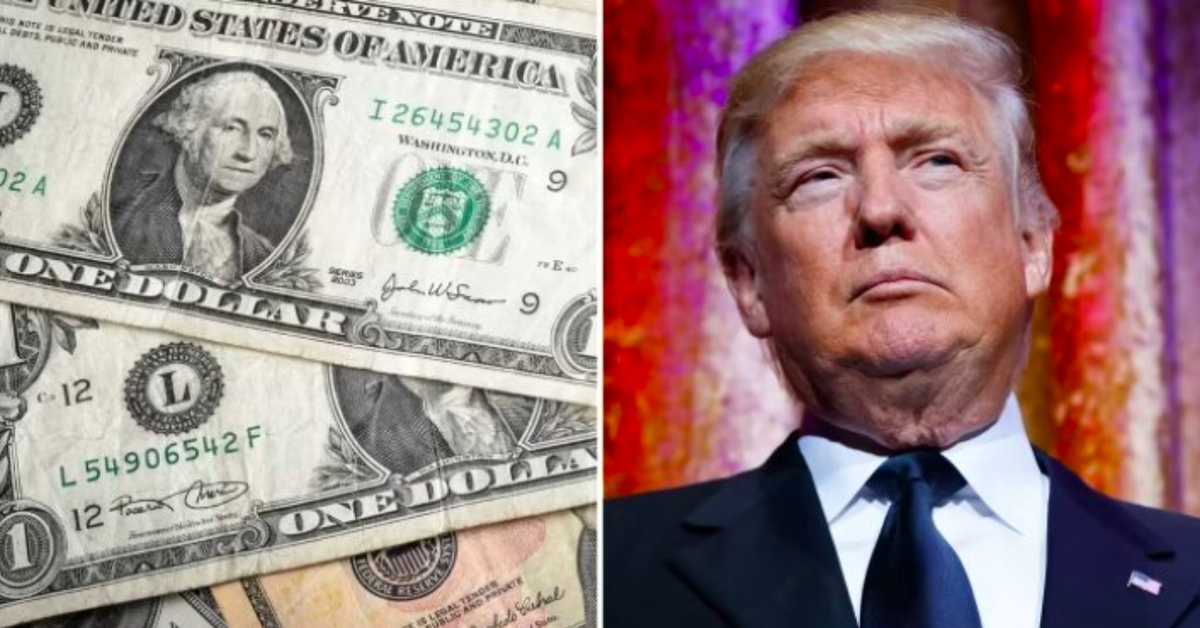

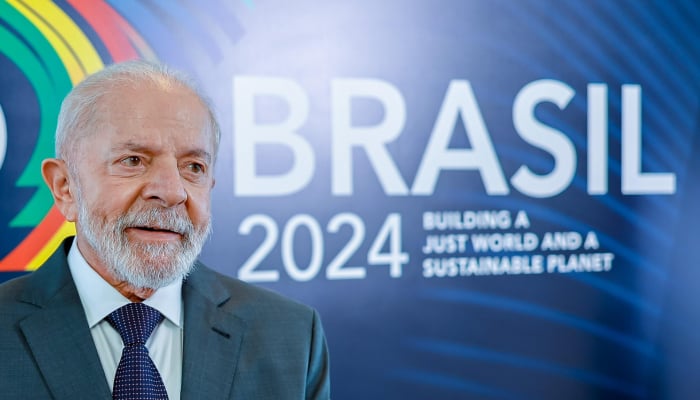


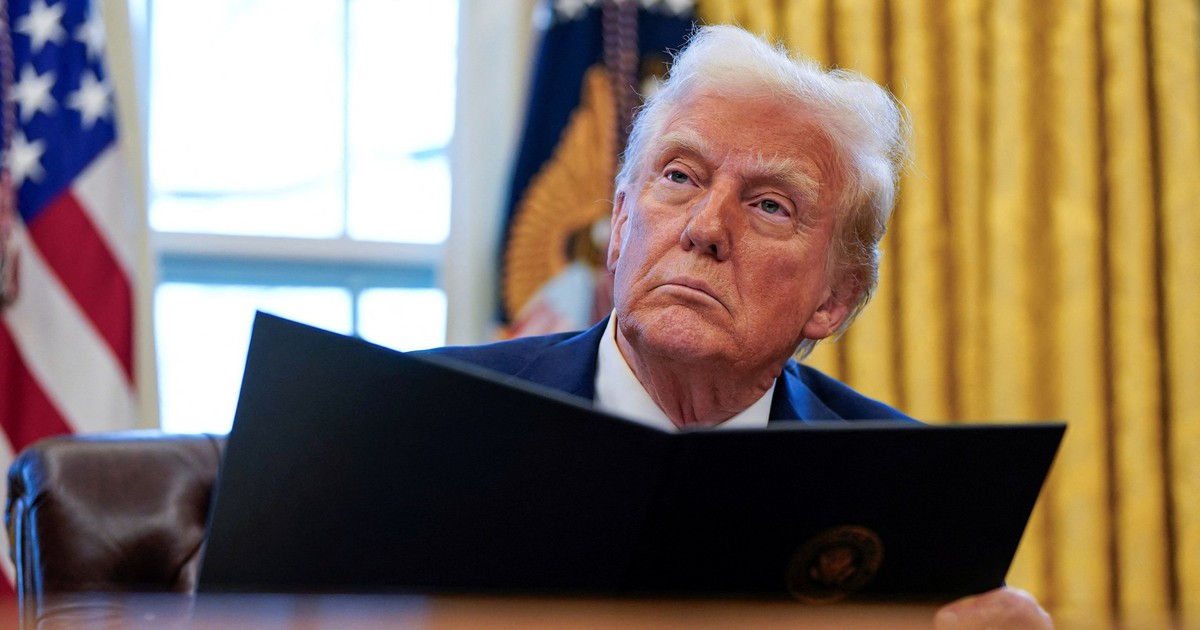




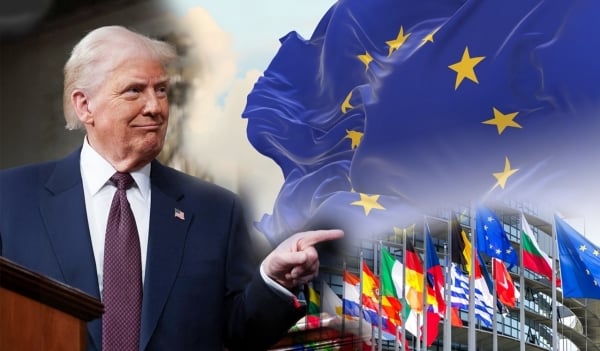







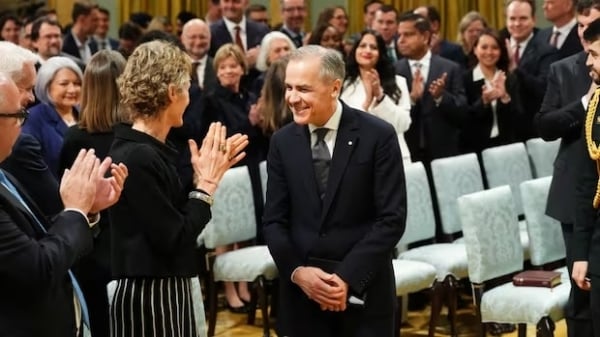


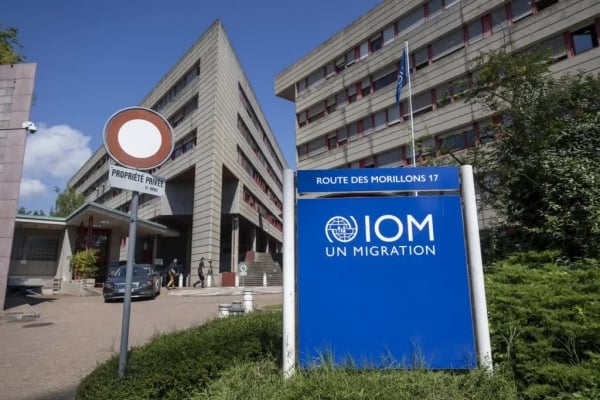
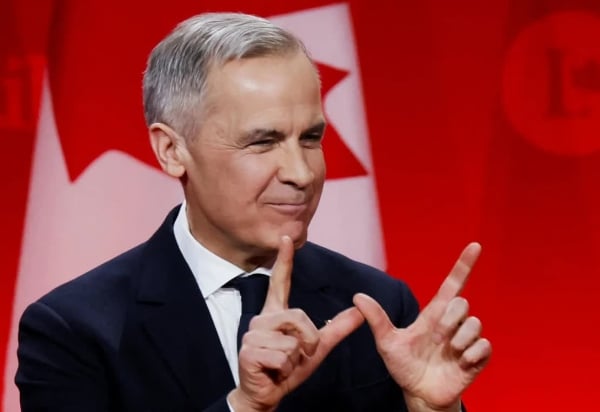












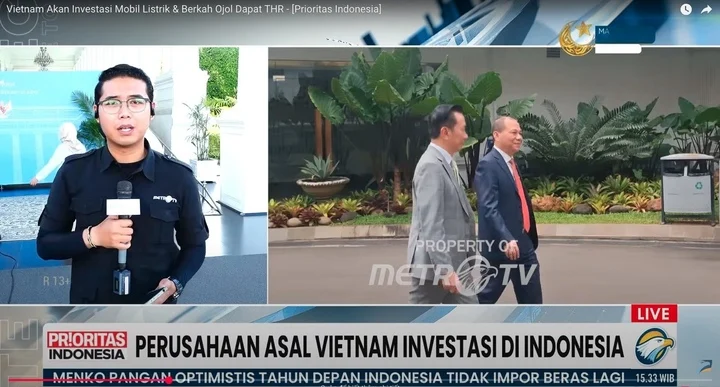

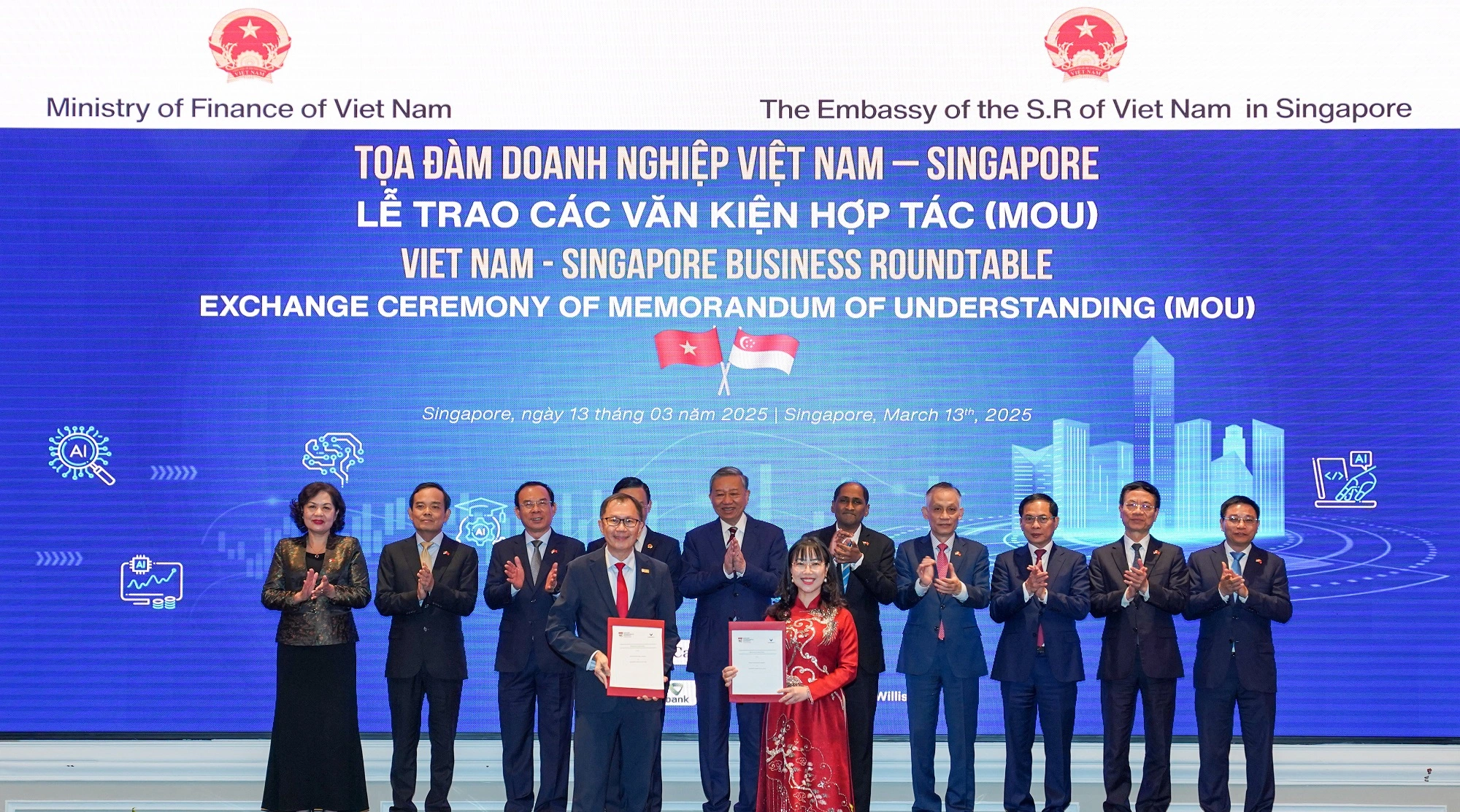
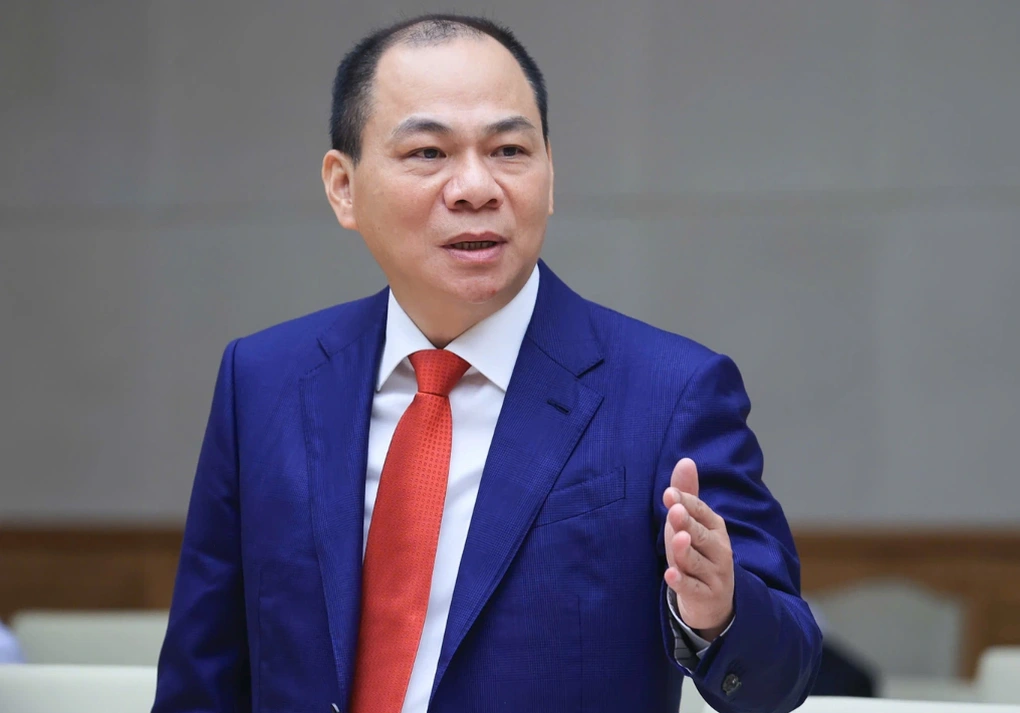

















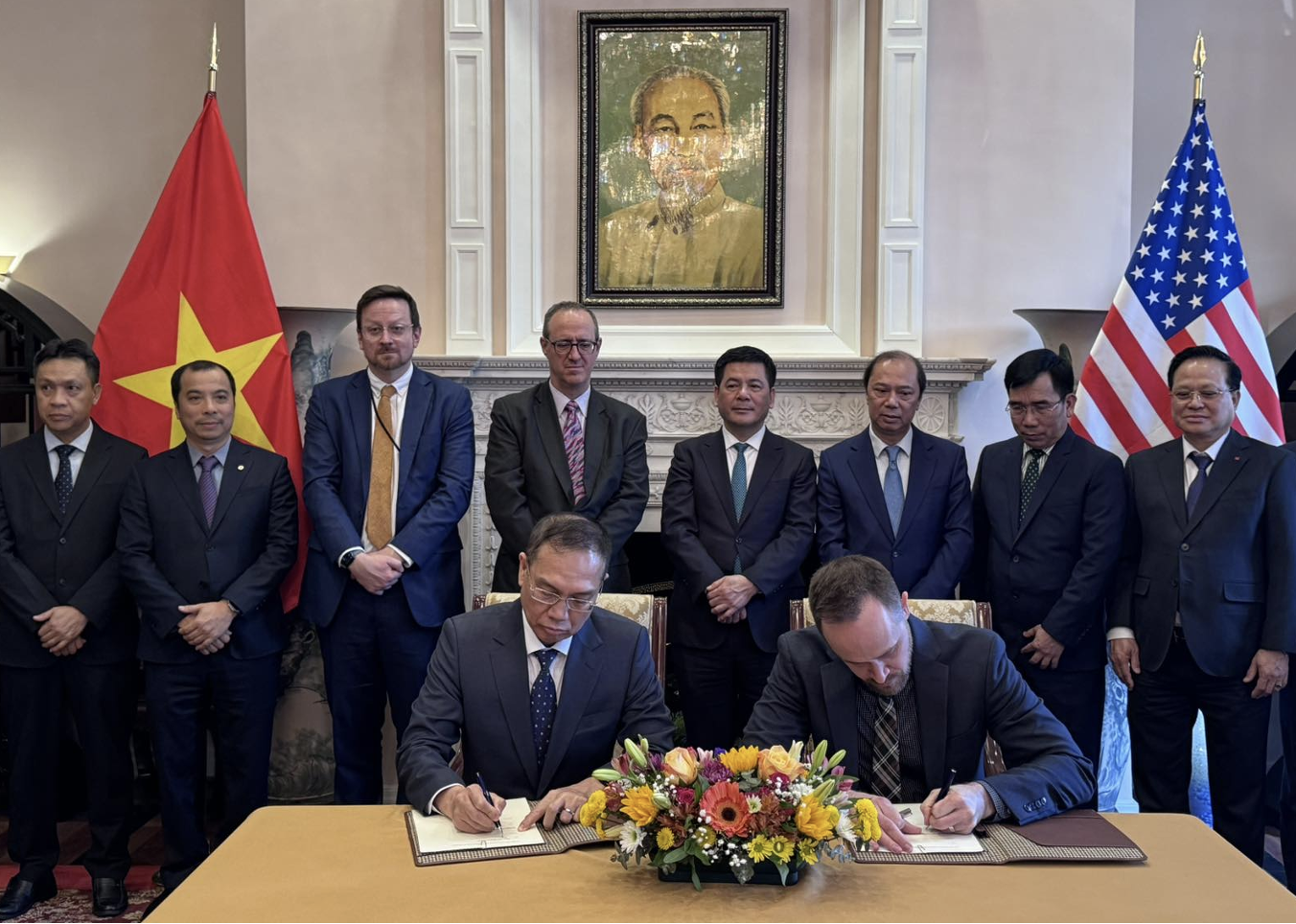










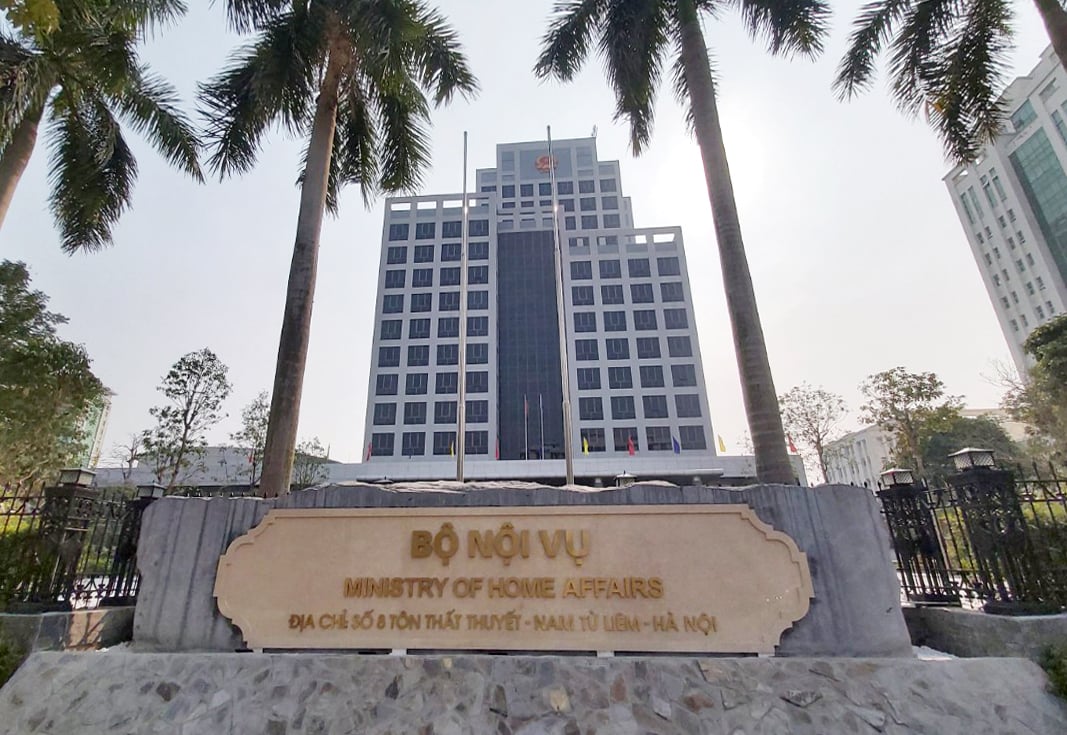
















Comment (0)